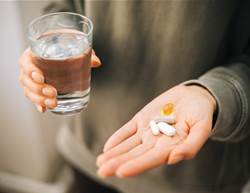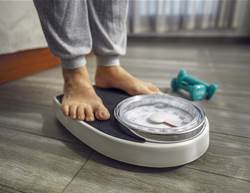It's not uncommon for small amounts of saliva and other "oral secretions" to slip down your throat and into your lungs, says Michelle Doll, MD, first author of the study and an assistant professor of infectious diseases at VCU. "This is called aspiration," she explains.
Normally, aspiration isn't a big deal. But if your saliva is loaded with harmful bacteria or other pathogens, aspiration can result in pneumonia, Doll says.
MORE: The Secrets Of People Who Never Get Sick
While brushing your teeth twice a day is the cornerstone of oral hygiene, those twice-yearly visits to a dentist's office are critical. "Regular dental care decreases dental defects where 'bad' bacteria can accumulate in large quantities," Doll explains.
Regardless of how thoroughly you brush, you can't remove plaque—a hard substance that slowly accumulates on your teeth, says Timothy Kosinski, DDS, a spokesperson for the Academy of General Dentistry. To remove plaque—and prevent the decay and disease it causes—you need a dentist's help, he says. (That's what your dentist is doing when they scrape your teeth with that little hook-shaped tool.)
Dodging pneumonia isn't the only reason to schedule a dental exam. A recent study in the Journal of Dental Research linked poor oral hygiene to heart disease. Bacterial infections in your mouth can promote systemic inflammation. That inflammation can cause the build-up of plaque in your arteries, which in turn may lead to a heart attack or stroke, experts warn.
MORE: How 5 Doctors Who Deal With Germs All Day Long Avoid Getting Sick
Dry mouth promotes bacterial growth and dental disease. That means people suffering from dry mouth need to be extra careful. Also, older adults—especially those who struggle to take proper care of their teeth—are at greater risk for pneumonia, Doll says.
So call your dentist and schedule an appointment ASAP. Also, cut back on sweets. Sugar increases the amount of bacteria in your mouth—and so ups your risk for disease and decay, Kosinski says.










